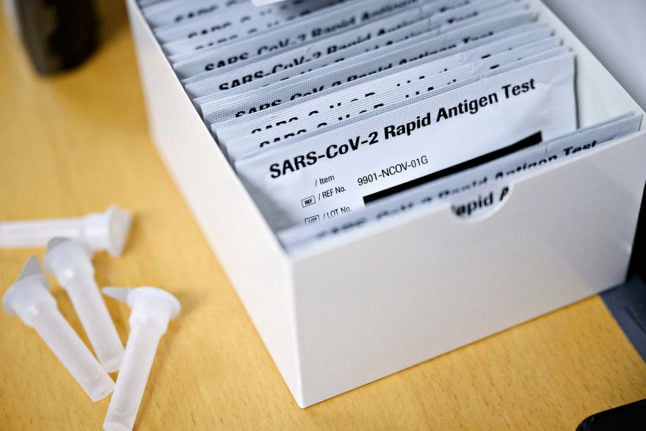The precise figure – 90.2 percent – was published on Wednesday by the national infectious disease agency State Serum Institute (SSI).
The Delta variant was first discovered in India in October last year. It was detected in Denmark for the first time in April.
At the beginning of June it was responsible for under one percent of new positive Covid-19 tests, but its proportion has now exploded to be become the country’s dominant variant.
Delta is more transmissible than the previously dominant variant in Denmark, Alpha, which was earlier referred to as B117 or the British variant of the coronavirus.
The emergence of the Delta variant has meanwhile also prevented other potentially more infectious variants than Alpha from spreading. That includes the Gamma variant or P.1, first detected in Brazil, of which only three cases were detected in Denmark in the last week.
In addition to higher transmissibility, Delta is also considered to carry a higher risk of serious illness with the virus than earlier variants. Although vaccines work against the Delta variant, their effectiveness is considered to be lower.
A total of 851 new cases of coronavirus were detected in Denmark on Wednesday from 75,580 PCR tests, giving a test positivity rate of 1.12.
Hospitals across the county currently have a total of 55 patients admitted with Covid-19. That number has been stable during the last week.
READ ALSO: Coronavirus: Denmark R-number falls after early July increase



 Please whitelist us to continue reading.
Please whitelist us to continue reading.
Member comments